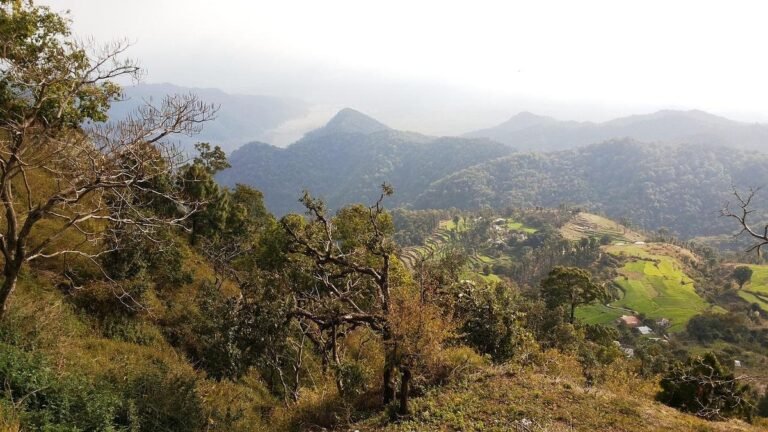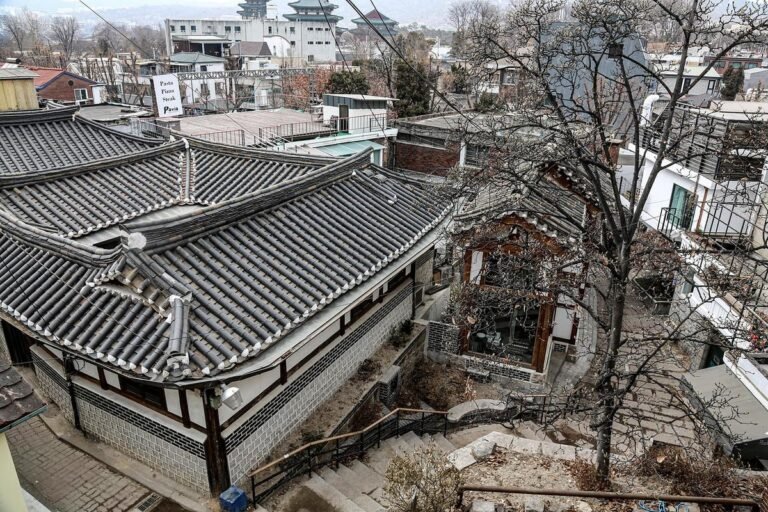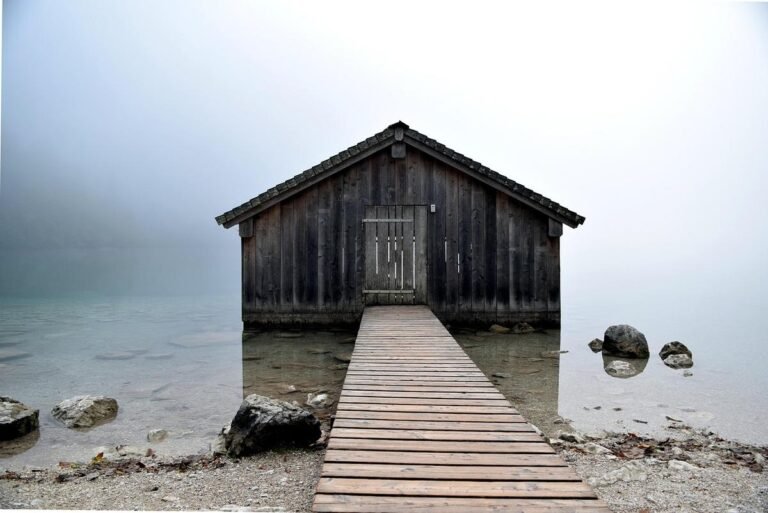Tenganan Couple Preserves Ancestors’ Rice Fields Through Precise Land Surveys
In the serene village of Tenganan, tucked beneath rolling hills and flanked by lush rice terraces, lives a couple named I Tundung and his wife, Ni Blenek. This settlement sits at the base of shaded slopes where emerald paddy fields stretch to the horizon. The villagers have maintained these crops for centuries, guided by ancestral codes that govern every ceremony, marriage, and harvest. In this world shaped by custom and the rhythm of monsoon rains, Tundung and Blenek rise before sunrise, ready to meet the demands of the day.
On any given morning, they set out with measuring tools in hand, tracing property lines as they verify irrigation channels. They carefully monitor water distribution in rice paddies and inspect dikes and canals. Their task extends to crop rotations, making sure each plot delivers both food and surplus for trade. Though the role demands focus and stamina under the tropical sun, the couple never shirks their duties. Neighbors speak of them as partners in the truest sense: side by side as they mark off fields, count stalks, and note every shift in the seasons.
Most villagers know them for their humility. The two keep a simple wooden hut at the edge of the fields, its walls bare and its roof patched with palm thatch. They host passing elders at meal times, sharing rice and chili as they listen to stories of births and deaths. Festival days find them standing at the fringes of ceremonies, observing rites with respect. Jero Pasek Bendesa, who stands at the apex of local customs, places great faith in their integrity and often entrusts them with lands that require careful oversight.
Jero Pasek Bendesa himself was not born in Tenganan but in a neighboring community called Ngis. He belongs to the Pasek line, one of two priestly classes invited here to manage rituals and resolve disputes. The Pandé group came from Tunggak village in Bebandem, specializing in metalwork and blacksmith rites, while the local clan focuses on weaving and house carvings. The custom of borrowing leaders reflects close ties among Bali’s settlements, ensuring elders from different areas support each community’s spiritual balance and social harmony.
One clear morning, Jero Pasek called I Tundung before the community hall and presented him with a scroll detailing a generous grant: a parcel by the riverbank, once fallow, now his to cultivate. The couple bowed low, gratitude shining in their eyes. They spread out hoes and rakes, tilled the soil, added compost, and dug irrigation trenches. Rows of seedlings soon poked through damp earth. Blenek recorded each plant in a hand-drawn ledger while Tundung measured furrows, hopeful that this gift would bring a steady harvest and lift their household from scarcity.
As harvest time arrived, the couple found shattered stalks and empty earth where ripened grains should have lined the rows. Tundung and Blenek knelt among stalks, brushing cut reeds aside to search for clues. They built a low bamboo fence and stationed a few lanterns at nightfall, hoping to scare off any trespasser. Blenek stayed inside at dusk, listening for footsteps, and placed small piles of salt on the boundary markers to track movement. Yet morning revealed crushed stems, footprints leading into the trees, and here and there strips of torn cloth dangling from branches. Some referred to restless mountain spirits; others whispered about outsiders sneaking across village limits under the cover of heavy rain. The couple worried over every harvest record they entered, and the weight of each failure settled on their shoulders, as fields remained silent under the tropical moon.
As days passed with no harvest, Jero Pasek’s trust wavered. He called a meeting under the sprawling banyan tree, where men and women in cotton sarongs and checkered udengs gathered around low tables of woven palm leaves. The leader piled harvest records by his side, leafing through each report in silence. When he spoke, his voice carried the weight of disappointment: “I placed this parcel in your hands so that your family might thrive and our community rejoice. Yet every season we find nothing but empty furrows.” Some in the crowd shifted uncomfortably, exchanging wary glances. Murmurs rose when he added that he would have to reassign the land if the culprit remained at large. Tundung raised his head, chest tight, recalling every sweat-soaked hour spent guarding the boundaries. He opened his mouth to defend himself, but the hush that followed made it clear his word would not fall on receptive ears.
Determined to clear his name, Tundung embarked on a methodical quest across both the visible world and the unseen plane. At dawn, he walked to the shrine atop Merajan Hill, laying woven offerings of cloth and incense. He spoke in low tones to the stone guardians, asking for a sign of what might threaten his fields. He then visited the well at Pura Dalem, filling his palms with sacred water believed to ward off malice. In the village center, he compared crop records with fellow surveyors and retraced every boundary marker, studying soil moisture and water flow. He dipped chalk powder in a ring around stakes to detect any disturbance and pressed damp clay onto footprints before they could fade. The workload taxed his body, yet he fought fatigue with cups of bitter coffee.
Late at night, Tundung studied low prints left in silty river banks by lantern light, charting their depth and direction. He sought out the village herbalist, who brewed a poultice from turmeric and tamarind to uncover signs of hidden curse or ill will. He spoke at length with elders, comparing their memories of past harvest failures to his own predicament. At the market, he questioned traders about strange figures seen near the terraces under the cover of darkness. Each map, soil sample, and eyewitness account he gathered knitted into a growing dossier he hoped would clear his name and bring back favor from Jero Pasek. He planned to present these findings at the next community council, convinced that the evidence would restore his standing.







